
The ERP platform play with Oliver Bossert
Enterprise resource planning upgrades can be expensive and complex—and unavoidable. A product and platform approach can manage costs and improve outcomes.

Enterprise resource planning upgrades can be expensive and complex—and unavoidable. A product and platform approach can manage costs and improve outcomes.

Daniel, Tommaso, and Philip talk about the upcoming season, important changes to the team (welcome, Tommaso!), and Platform Thinking.
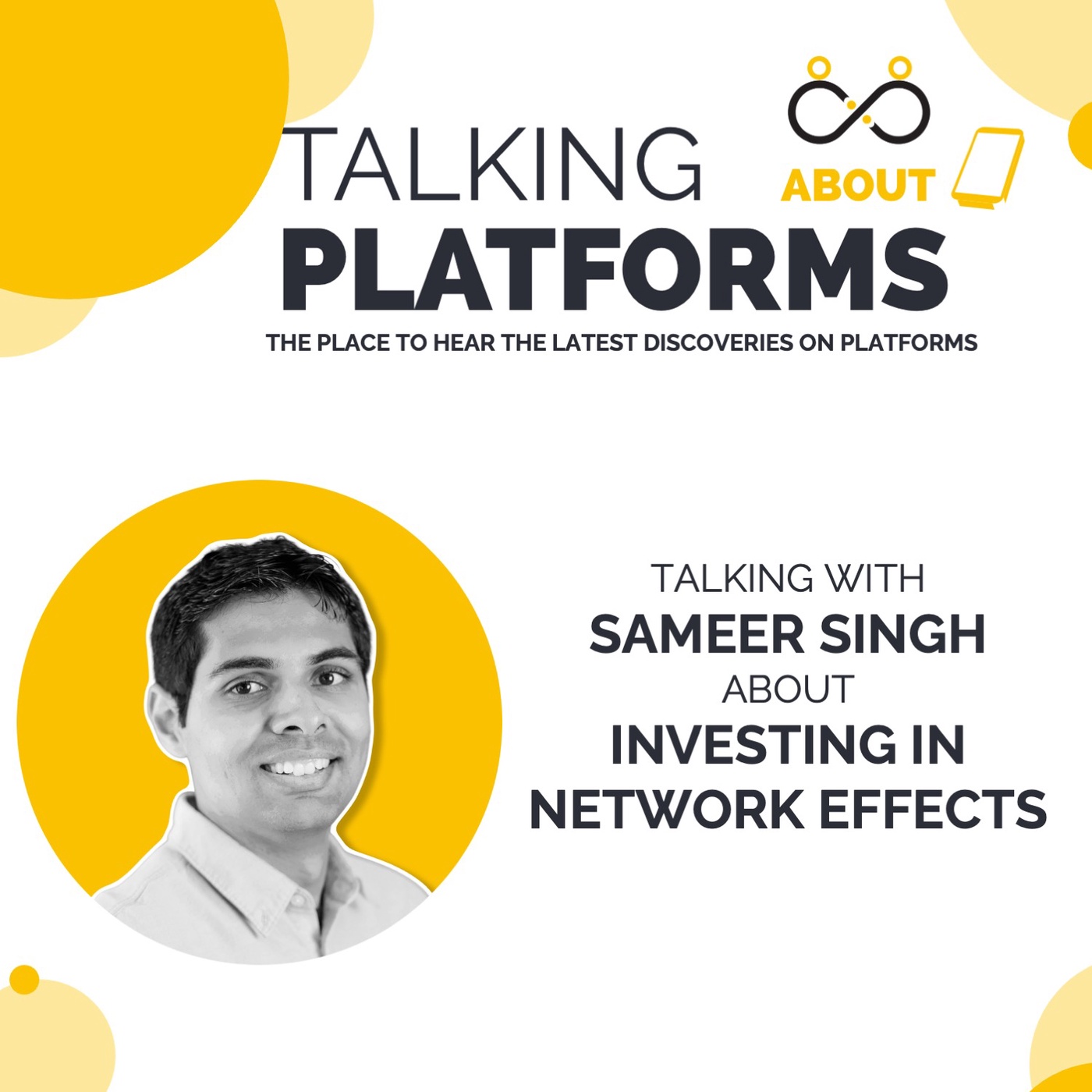
We end season two of the Talking about Platforms Podcast by bringing on a true expert on applied network effects. Sameer Singh looks back on a long and successful track record investing in network effects-based startups. In this episode, we discuss how Sameer differentiates between networked products and platforms, how to measure network effects, and why network effects-based businesses must also start with solving a real customer's problem.

Why do we need platform business design? Today's rise of digital platforms is reshaping our economy leaving traditional business models far behind. Google, Airbnb, Facebook, Uber, and Amazon are only a few prominent examples of an unstoppable row of businesses leveraging platform dynamics.
A multi-sided platform acts as a digital marketplace, where producers and consumers come together, and value is created for both parties through their interaction. Platforms create and manage external communities rather than produce and ship products or services on their own. Thus, they can leverage network effects and are able to grow at a pace that easily...
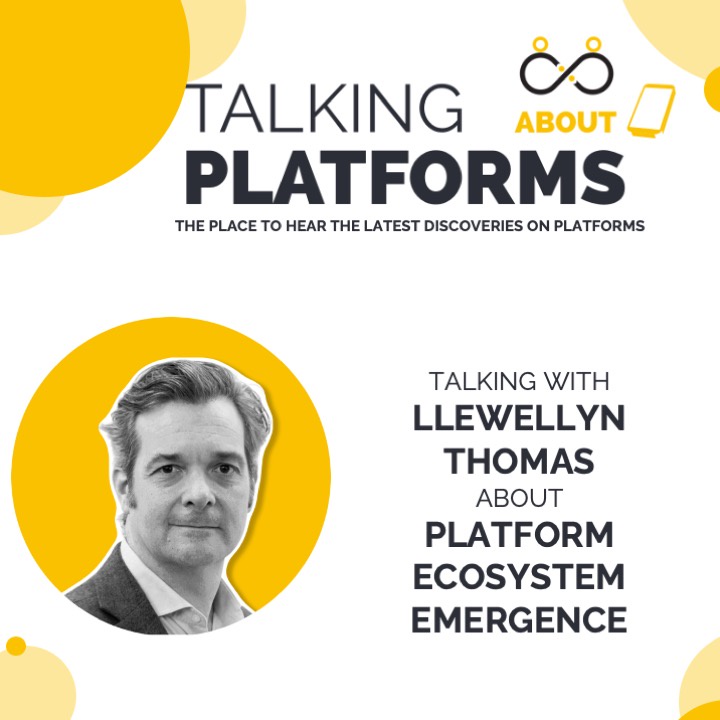
Abstract of the paper we discuss
We investigate patterns in platform ecosystem emergence. We find that the processes of ecosystem emergence—value discovery (designing and establishing an ecosystem value proposition and individual value offerings), collective governance (regulation of participation), platform resourcing (resource acquisition for set-up and scale-up), and contextual embedding (legitimation of the ecosystem in the wider societal and competitive context)—exhibit characteristic patterns as an ecosystem establishes itself. We also find that collective governance patterns vary considerably across cases and argue that early governance decisions significantly influence subsequent evolution of an ecosystem. Furthermore, we show that although there are similarities in...
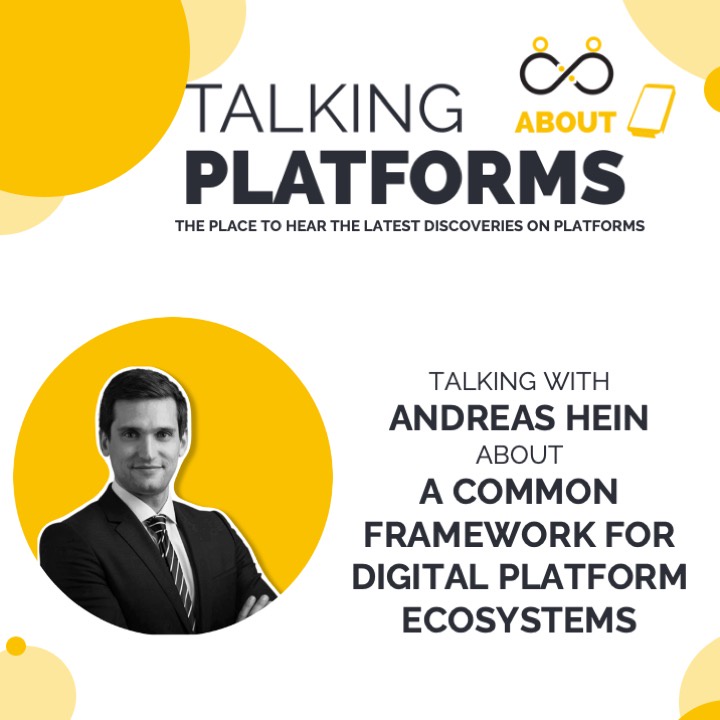
Abstract
Digital platforms are an omnipresent phenomenon that challenges incumbents by changing how we consume and provide digital products and services. Whereas traditional firms create value within the boundaries of a company or a supply chain, digital platforms utilize an ecosystem of autonomous agents to co-create value. Scholars from various disciplines, such as economics, technology management, and information systems have taken different perspectives on digital platform ecosystems. In this Fundamentals article, we first synthesize research on digital platforms and digital platform ecosystems to provide a definition that integrates both concepts. Second, we use this definition to explain how different digital...
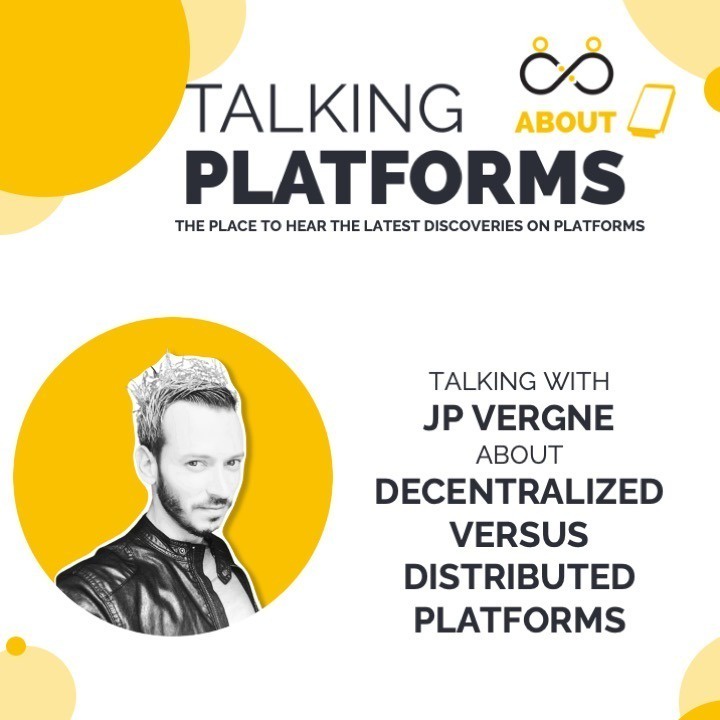
Abstract
The terms decentralized organization and distributed organization are often used interchangeably, despite describing two distinct phenomena. I propose distinguishing decentralization, as the dispersion of organizational communications, from distribution, as the dispersion of organizational decision-making. Organizations can be distributed without being decentralized (and vice versa), and having multiple management layers directly affects only distribution – not decentralization. This proposed distinction has implications for understanding the growth of digital platforms (e.g. amazon.com), which dominate the global economy in the 21st century. While prominent platforms typically use machine learning as their core technology to transform inputs (e.g. data) into outputs (e.g. matchmaking...
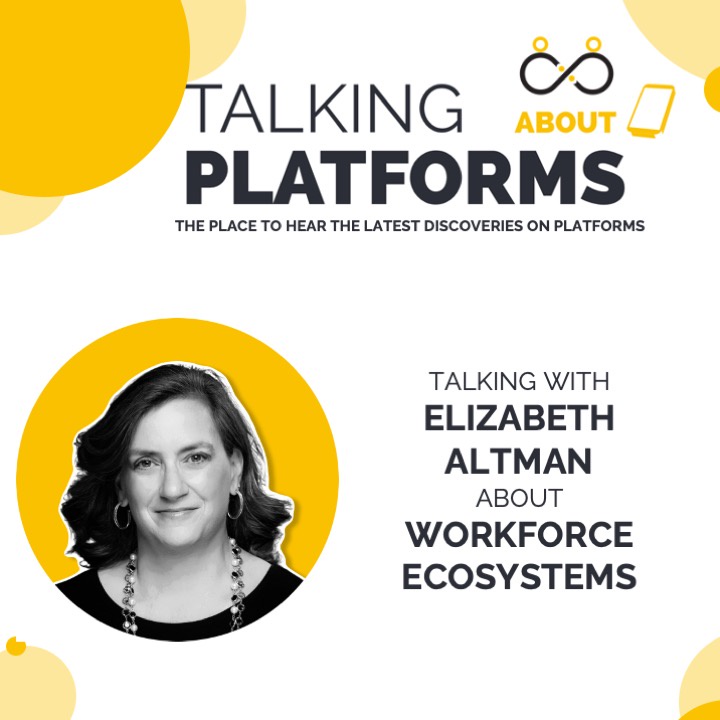
In 2020, the research team around Liz, Sloan, and Deloitte focused on opportunity marketplaces: internal platforms that help organizations develop, engage and retain talent. In 2021, the team published on workforce ecosystems: structures that consist of interdependent actors, from within the organization and beyond, working to pursue both individual and collective goals. In 2022, the team further explores how management practices must evolve to oversee a workforce comprised of a varied set of actors.
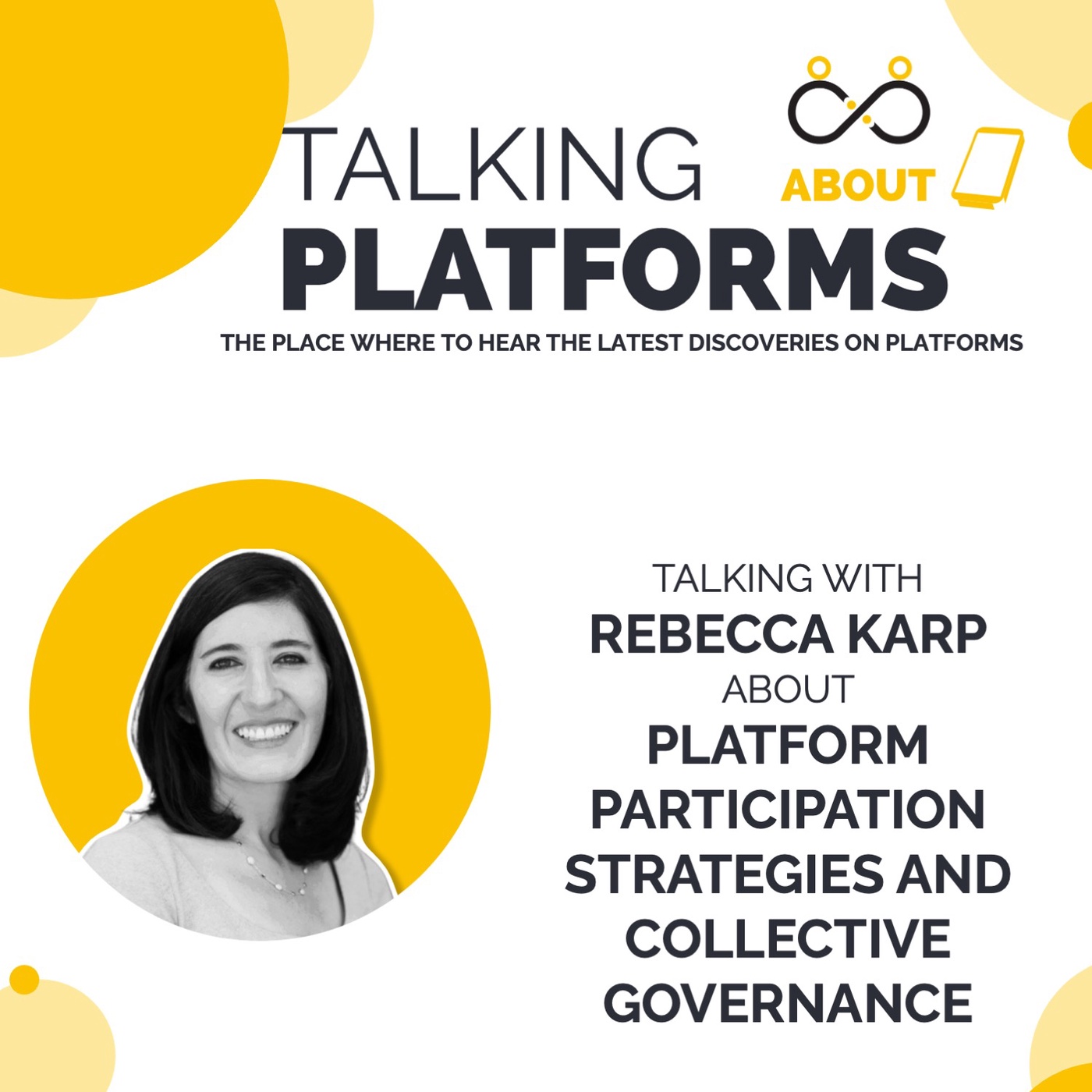
Abstract from the paper we discuss during the episode:
When platform leaders change the rules guiding who can access and control a platform, the strategies of those who create value from the platform can be upended. Little research examines how platform participants adapt their strategies when a platform leader changes the rules governing access and control. We trace how participation with a development platform evolved under four different governance modes with varied access and control conditions. Participation intensity increased as access opened but decreased when platform leadership became unclear. Distributed platform leadership emerged only once the platform was collectively governed....
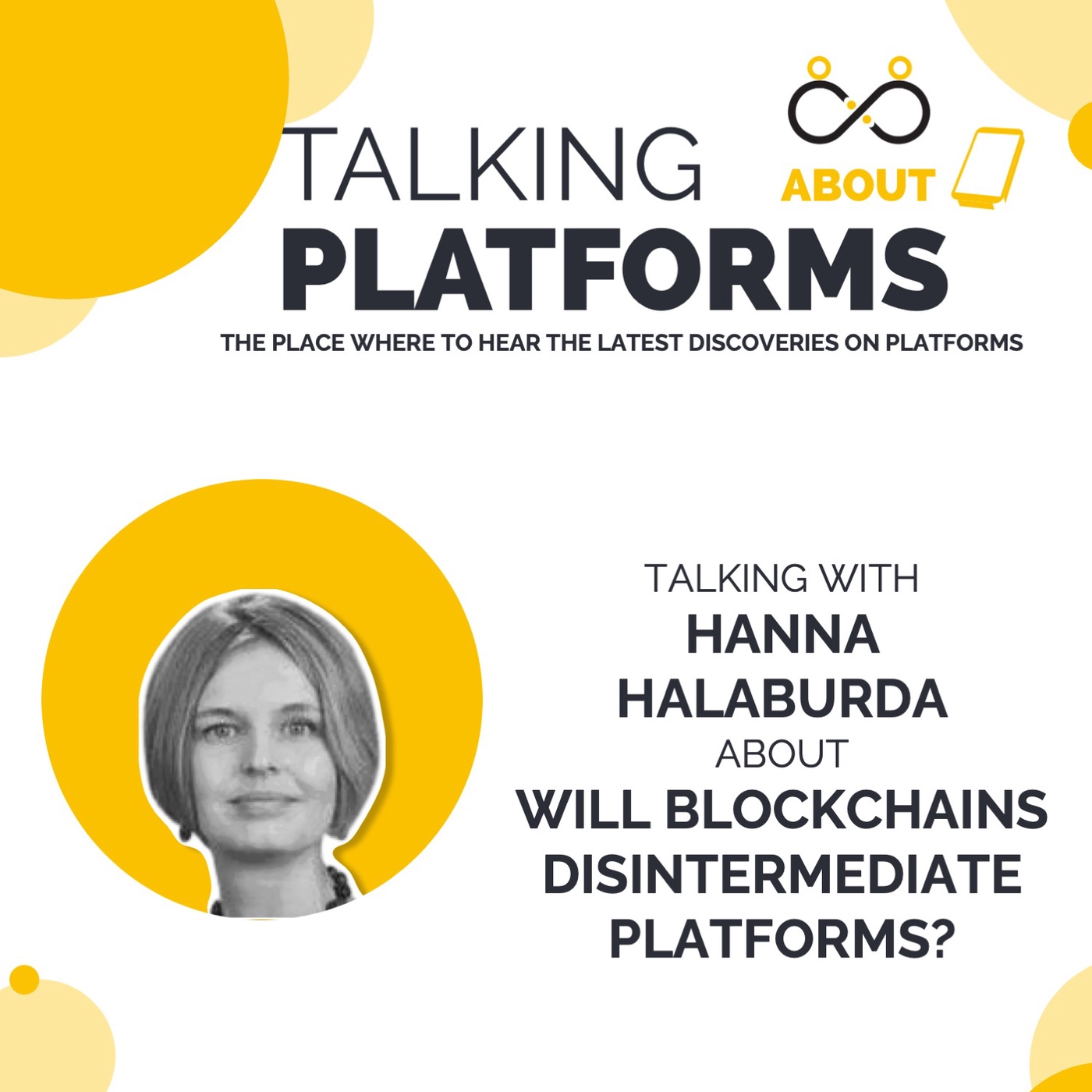
Abstract from the paper we discuss with the author during the episode:
A major result in the study of two-sided platforms is the strategic interdependence between the two sides of the same platform, leading to the implication that a platform can maximize its total profits by subsidizing one of its sides. We show that this result largely depends on assuming that at least one side of the market single-homes. As technology makes joining multiple platforms easier, we increasingly observe that participants on both sides of two-sided platforms multihome. The case of multihoming on both sides is mostly ignored in the...